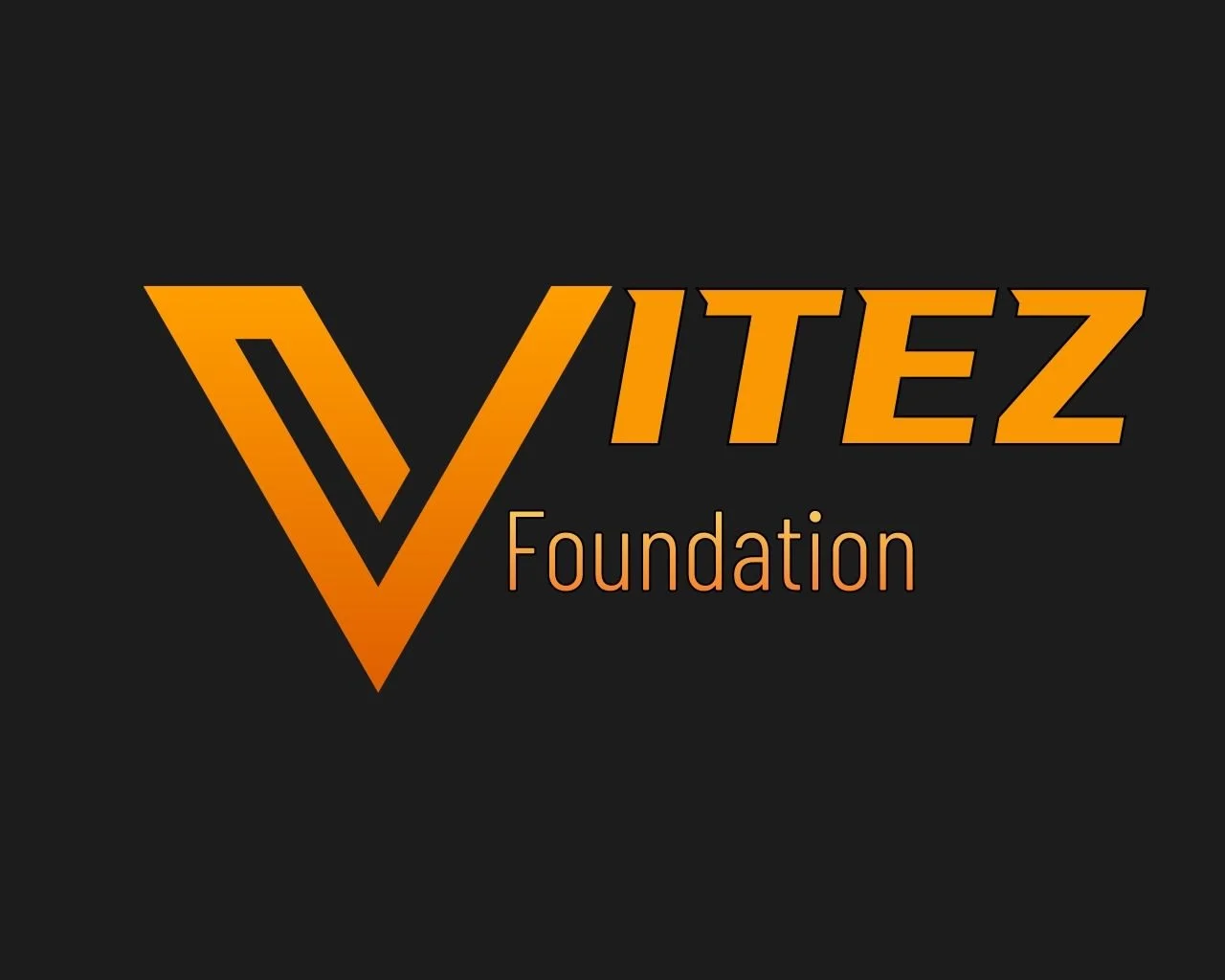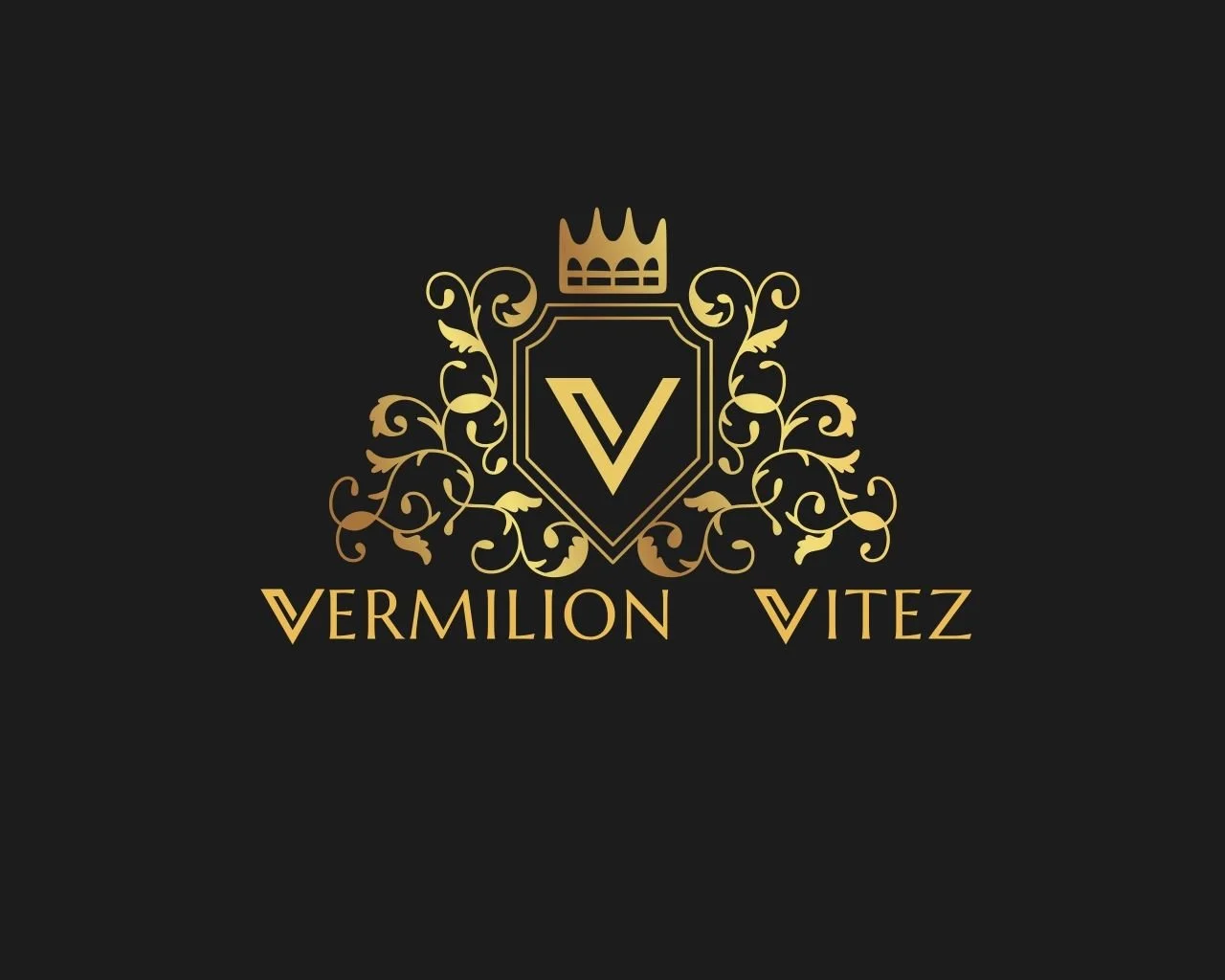
Let’s work together + FAQ
Disclaimer:
All decisions and actions regarding estate planning, asset protection, trusts, investments, or related services remain solely your responsibility. Vermilion Vitez is not a law firm and does not provide legal, tax, or financial advice; we facilitate structuring, education, and guidance through our processes in collaboration with qualified professionals. We strongly recommend consulting licensed attorneys, tax advisors, or financial experts in your jurisdiction for personalized advice to ensure compliance and effectiveness. We assume no liability for outcomes, risks, or results arising from the use of our services or information.
FAQ
-
What is the difference between revocable and irrevocable living trusts?
Revocable living trusts offer flexibility, allowing the grantor to modify or revoke them at any time, but they provide no protection from creditors or estate taxes. Irrevocable trusts, on the other hand, involve a permanent transfer of assets, offering stronger safeguards against creditors, lawsuits, and estate taxes, though they cannot be altered once established.
-
How do UBOTs (Business Trusts) protect assets and differ from traditional businesses?
Unified Business Organization Trusts (UBOTs) are common law structures that combine resources for business activities without the liabilities of partnerships or the double taxation of corporations. They protect personal assets from business risks, judgments, and lawsuits through a Declaration of Trust and Trust Indenture, while minimizing taxes like income, capital gains, and inheritance by deferring liabilities until distribution.
-
What are the benefits of using an LLC for asset protection?
Limited Liability Companies (LLCs) provide versatile protection by shielding your membership interest and assets from lawsuits. They safeguard personal holdings if the company faces legal issues and are particularly effective for real estate or investments. States like Wyoming, Nevada, and Delaware offer enhanced protections, making LLCs a flexible option for privacy and liability limitation.
-
How do private foundations support tax planning and philanthropy?
Private foundations are legal entities for charitable giving that allow you to control governance, spending, and distributions. They enable tax-deductible contributions in the current year, and business trusts can donate up to 100% of profits without reporting requirements, helping build a lasting legacy while optimizing taxes.
-
What is a 508(c)(1)(a) Faith-Based Organization, and how does it compare to a 501(c)(3)?
A 508(c)(1)(a) Faith-Based Organization (FBO) is a religious, tax-exempt entity with mandatory exemptions from many 501(c)(3) restrictions, such as IRS reporting and limits on free speech. It's recognized internationally under the Hague Convention and offers greater flexibility for faith-based initiatives without the same regulatory burdens.
-
How do living trusts help avoid probate and ensure privacy?
Living trusts facilitate direct asset transfer to beneficiaries upon your passing, bypassing the probate court process. This avoids delays, costs, and public scrutiny, ensuring a private and efficient wealth transition. Revocable versions maintain control during your lifetime, while irrevocable ones add robust protection.
-
What are the tax implications of setting up a UBOT or other trusts?
UBOTs and similar trusts can minimize or defer taxes on income, capital gains, and inheritances until assets are distributed. They promote tax optimization through strategic structuring, but effectiveness depends on compliance with laws—always work with professionals to tailor to your situation.
-
What steps are involved in setting up these services with Vermilion Vitez?
Our process begins with a risk and asset assessment, followed by developing a customized plan using trusts, LLCs, or other structures. We coordinate with licensed professionals to ensure compliance and effectiveness, focusing on your unique needs for asset shielding and legacy building.
-
Do these services provide legal or tax advice?
No, our offerings are educational and informational only. We emphasize collaborating with qualified planners and licensed experts to navigate laws and achieve optimal results, without providing formal legal or tax guidance.





